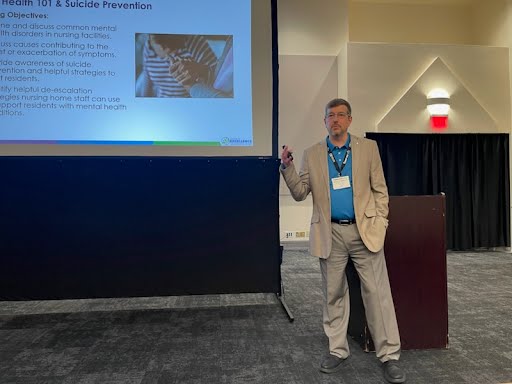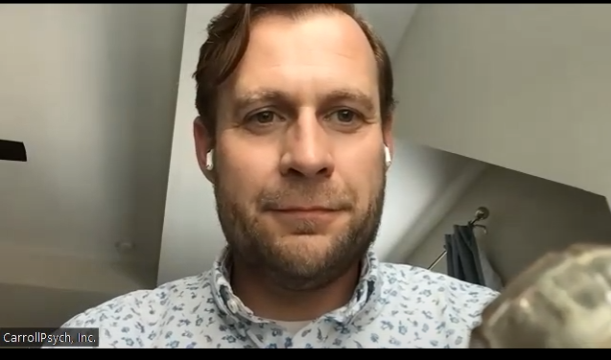In my practice as a therapist, I have found the key factors to success are the willingness of the client to make a change and the relationship between the client and me, which in technical terms we call the “Therapeutic Alliance” or “Therapeutic Process.”
When I think about the great leaders in my life, I am struck that my focus has been on our relationships. As in therapy, what promoted change were our interactions. Those differed from leader to leader, as befitting our roles, and my personal and professional level of development at the time. Whether someone was a mentor, coach, teacher, or all three, the relationship was always at the center.
How relationships with followers develop depends on your and their personal styles, and the environment in which you co-exist. You must use your strengths and talents. For example, if you are introverted, do not try to be an extrovert. Pretending to be someone you are not will always come off as phony and will create a level of mistrust, which will be deeply difficult to overcome.
Trust is established by more than just being honest and telling the truth. Followers are looking for a leader who is competent and consistent. They need to know you will utilize their talents fully and effectively, help them to grow, and that favoritism, which can be a team-buster, will not influence your decisions.
In any new situation, I conduct off-the-record interviews with my direct reports and their direct reports. I ask each about past experiences and their hopes for our future together. I have been amazed at what they share with me. It provides me with a clearer understanding of the staff’s point of view and, more importantly, it signals to them that that their views are also understood and appreciated.
I always explain my decisions as much as possible, so the staff will understand my reasoning, even if they do not agree. And when there is news, good or bad, I share it as soon as possible. Secrets kill relationships, especially if they are allowed to fester.
Finally, do the best you can. None of us are perfect and we will make mistakes. Own them. An honest admission of fault will earn respect and trust and help us make a better decision the next time.
And, best of all, our teams will be there with us.
Bryan G. Stephens is an executive on a mission to transform the workplace. He is the founder and CEO of TalkForward, a consulting and training company, utilizing Bryan’s clinical and management expertise to develop managers and teams in a corporate environment. As a licensed therapist with strong understanding of developing human potential, he is dedicated to the development of Human Capital to meet the needs of leaders, managers, and employees in the 21st Century workplace.
Bryan has an Executive MBA from Kennesaw State University, Coles School of Business, and both a Master’s and Bachelor’s degree in Psychology.






